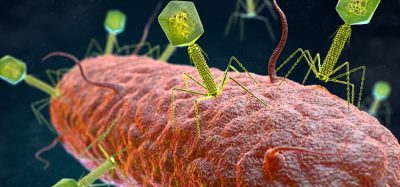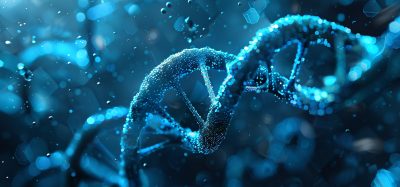CRISPR-Cas9 variant shows high precision in gene editing
Posted: 2 October 2019 | Nikki Withers (Drug Target Review) | No comments yet
The newly identified variant could play a role in gene therapies that require high accuracy and precision.


Researchers have identified a CRISPR-Cas9 variant that has the potential to increase precision during gene therapy in humans.
The new engineered variant – SaCas9-HF – reduced unintended changes in the DNA compared to wildtype, suggesting it could play a role in gene therapies that require high precision.
CRISPR-Cas9 has shown great potential for the treatment of diseases such as cancer, inherited blindness and blood disorders.
However, the technology faces several challenges. For example, the Cas9 nuclease from the bacteria Streptococcus pyogenes (SpCas9), has a high target precision but can be too large for the viral particle needed to deliver the gene editing kit to the cells.
Another version, the Cas9 nuclease from the bacteria Staphylococcus aureus (SaCas9), is much smaller and can easily fit into the adeno-associated virus (AAV) vector that transports the toolkit, but it lacks an equally high precision level.
Imprecise gene-editing can end up modifying DNA at unintended places with potentially serious consequences.
In the present study, researchers from Karolinska Institutet’s Ming Wai Lau Centre of Reparative Medicine in Hong Kong identified an engineered variant – SaCas9-HF – that significantly improved the accuracy of gene targeting across 24 places in human cells in a laboratory setting.
Imprecise gene-editing can end up modifying DNA at unintended places with potentially serious consequences.”
The SaCas9-HF reduced off-target activities by about 90 percent for gene sequences that are highly similar and therefore tend to be prone to unintended editing when using wild-type SaCas9.
For gene sequences that typically have fewer editing misses, the SaCas9-HF had nearly undetectable off-target activity.
“Our finding provides an alternative to the wild-type Cas9 toolbox – a new SaCas9 where highly precise genome editing is needed,” says Zongli Zheng, assistant professor at the Ming Wai Lau Centre for Reparative Medicine at Karolinska Institutet in Hong Kong. “The new enzyme will be particularly useful for future gene therapy using AAV to deliver genome editing components in vivo.”
More research on additional target sites and cell types are needed to determine if the SaCas9-HF variant is equally precise across different cell types, although the researchers say they are optimistic about its application across many other cell types.
The study was published in the journal PNAS.
Related topics
CRISPR, Genome Editing, Genomics
Related organisations
Karolinska Institutet
Related people
Zongli Zheng







